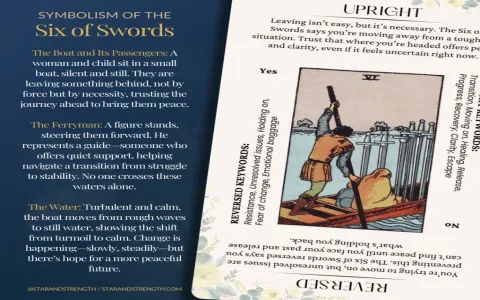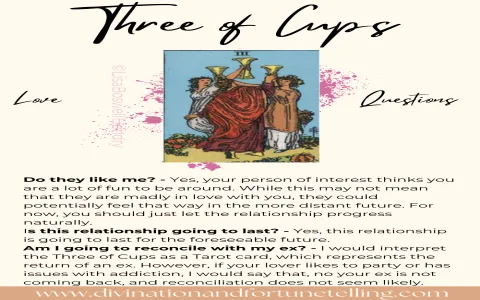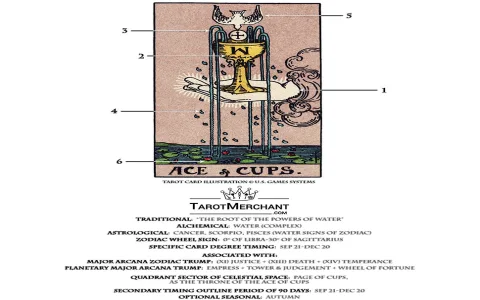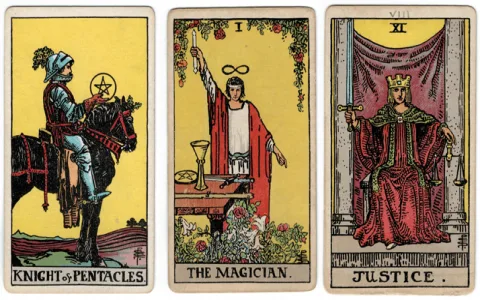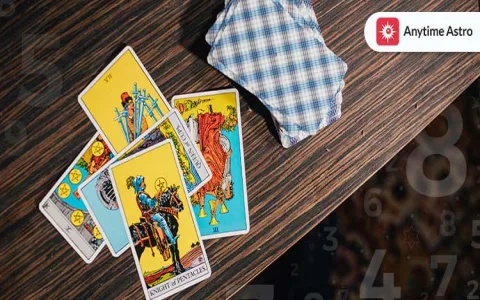Man, let me tell you, I have spent too many hours staring at the King of Swords, trying to figure out what the heck he actually wants from me. Every single time I pulled him in a reading about a complex situation—you know, the messy stuff, like ‘Should I quit this job?’ or ‘What is this new relationship dynamic?’—I would freeze.
I read every single book, every single forum post. They all told me the same thing: intellect, truth, clarity, cold logic, authority. Great. But that always left me feeling colder and more confused than before I started the reading. It was useless. I’d try to apply that standard meaning—‘Be logical!’—and I’d end up making a decision that was technically sound but emotionally bankrupt. I was done with the textbook crap.
This whole deep dive started about six months ago. I was helping a friend navigate a really brutal contract negotiation. She kept pulling the King of Swords, position after position. We followed the traditional advice: analyze, cut emotion, be utterly rational. We did that. And we got screwed over. The contract was perfect on paper, but the actual human reality of it was isolating and awful. I realized then that I wasn’t interpreting the action of the King, only his title. I was just using him as an excuse to be a jerk who thought he was right.

The Practice: Ignoring the Books and Forcing the Card to Talk
I decided I had to brutally strip away all the established meanings and build a working definition based only on the visual and the energy I felt when I held the card. It was a massive overhaul. I spent two weeks, minimum, doing nothing but King of Swords readings. I called it the ‘Sword King Immersion Project.’
Here’s exactly what I did:
- I pulled the King of Swords and placed it in the center of the table.
- I ignored all other cards. My daily meditation was just staring at that King—the RWS version, the stark blue and yellow, the solid throne, the upright sword.
- I wrote down five verbs every day that came to mind when looking at him. Not adjectives, verbs. (Examples: Separate, Judge, Define, Control, Enforce.)
- I tracked real-life situations where someone I knew had to make an utterly detached, high-stakes decision. I tried to map the King’s energy onto that person’s process.
- I read the card upside down, deliberately looking for his vulnerability, which the textbooks never mention.
It was messy. For days, I just felt frustrated. The card felt arrogant and unreachable. I tossed the deck in the air once out of sheer irritation. I couldn’t connect. I was trying to force a deep, soulful meaning onto a card that represents the absolute opposite of soul: pure, surgical mind.
The Click Moment: It’s Not About Being Right, It’s About Drawing the Line
The breakthrough didn’t come in a reading. It came late one night while I was watching a documentary about a famous, very stern orchestra conductor. This guy was brilliant, absolutely genius level, but notoriously difficult and demanding. He would stop the entire performance for one wrong note, shut it down, and explain the mistake with zero patience or emotion.
I stopped the documentary and just sat there. That’s the King of Swords. He isn’t just smart. He’s the guy who has defined the rules, and because he defined them, he feels justified in enforcing them without feeling bad about it.
The realization hit me: The problem with the textbook definition is that it makes the King of Swords sound like a good thing—always helpful clarity. But he’s often just the necessary harsh cut. He’s the decision that separates fact from fiction, yes, but he also separates people from the herd, and often separates you from your own comforting delusions.
I realized the advice he was giving my friend in the contract negotiation wasn’t ‘Be rational.’ It was, ‘Accept the objective reality of the situation, regardless of how painful the consequence feels.’
My Easy, Actionable Guide to the King of Swords (What Finally Works)
Now, when I pull him, I don’t think “smart man.” I think “The Enforcer.” And I break it down into these simple concepts that anyone can grasp instantly. Forget the airy-fairy stuff. Use this:
What the King of Swords is Doing (The Action):
- He is SEPARATING: He is defining the boundary. What must be cut out? What must be left behind? He draws a hard line in the sand.
- He is JUDGING: Not emotionally, but critically. He is asking for a verdict based on evidence, not based on hope or desire.
- He is IMPLEMENTING POLICY: This isn’t just an idea; this is the establishment of a fixed rule. You need to create a system and stick to it, no compromises allowed.
The Warning (When he shows up):
He warns you that you are either being too emotional for the current task, or that you are about to encounter a person whose authority is purely intellectual and non-negotiable. If you argue with the King of Swords, you must bring facts, not feelings, or you will lose every single time.
This approach—moving from passive description (intellect) to active verbs (separate, judge)—totally unlocked the Swords suit for me. It’s no longer about a cold person; it’s about a cold, necessary process. Give it a shot. Stop reading the books and just look at what that guy is actually doing with that massive, upright sword.

